Top World News
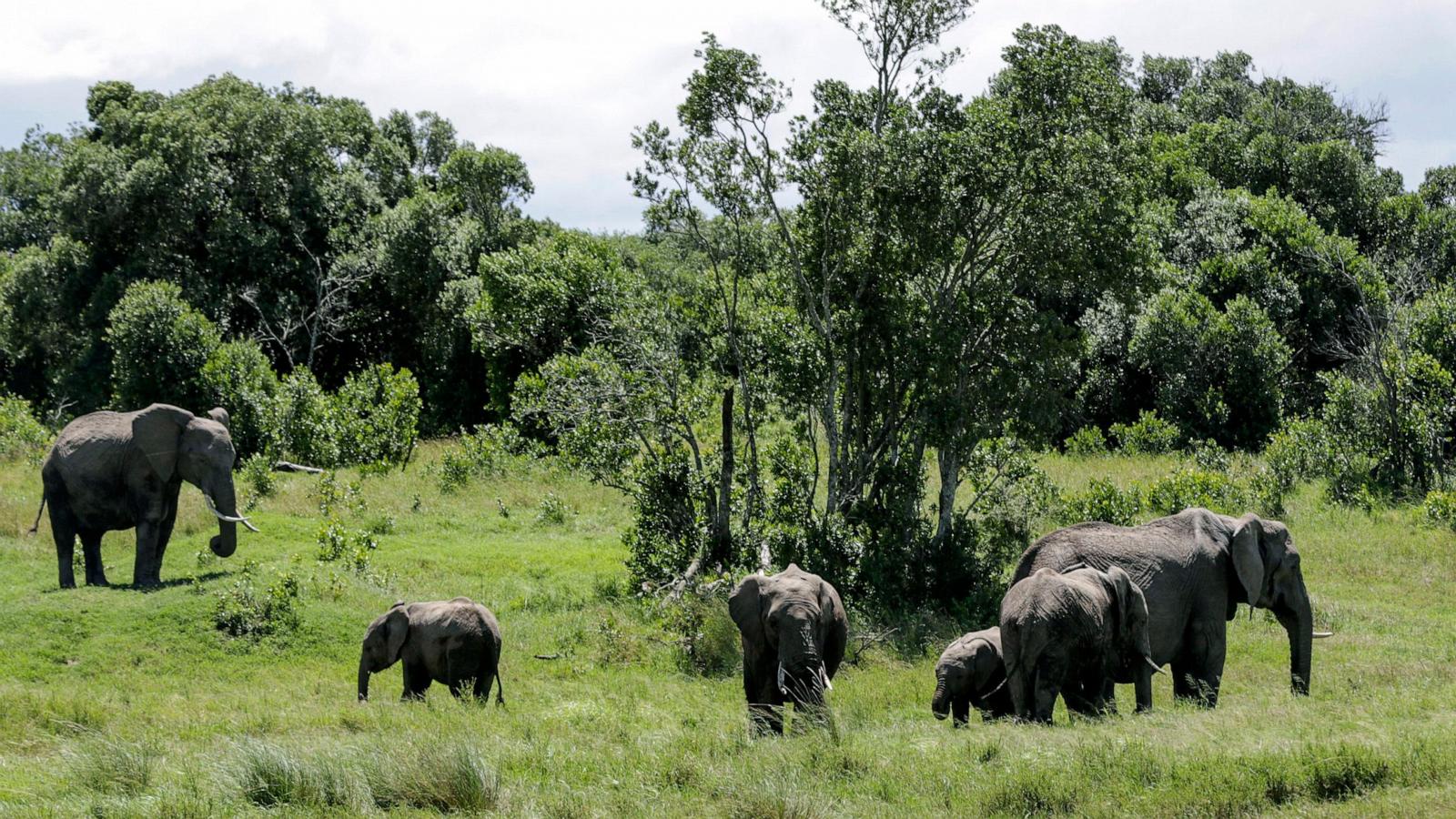
Jul 3, 2025

Elephant kills 2 female tourists from the UK. New Zealand in Zambian national park
Two elderly female tourists from the U.K. and New Zealand have been killed by an elephant while on a walking safari in a national park in Zambia

Jul 3, 2025

Trinidad and Tobago’s move to honor Indian PM Modi divides opinion
Modi to be honored on historic two-day visit but country’s Muslims express concern over human rights recordNews that Indian prime minister Narendra Modi will receive Trinidad and Tobago’s highest honour during a historic visit to the country has been welcomed by the Indo-Trinidadian Hindu population but has drawn strong objections from the country’s largest Muslim organisation.Modi’s two-day visit to the country on Thursday marks the first time a sitting Indian prime minister sets foot in Trinidad and Tobago. Modi accepted the invitation from the recently appointed prime minister, Kamla Persad-Bissessar, who has longstanding diplomatic ties with India. Continue reading...

Jul 3, 2025

Global firms ‘profiting from genocide’ in Gaza, says UN rapporteur
Report by Francesca Albanese singles out companies such as Palantir and calls for prosecutionsThe UN special rapporteur on human rights in the occupied Palestinian territories has called for sanctions and an arms embargo on Israel and for global corporations to be held accountable for “profiting from genocide” in Gaza.A report by Francesca Albanese to the UN Human Rights Council on Thursday points to the deep involvement of companies from around the world in supporting Israel during its 21-month onslaught in Gaza. Continue reading...
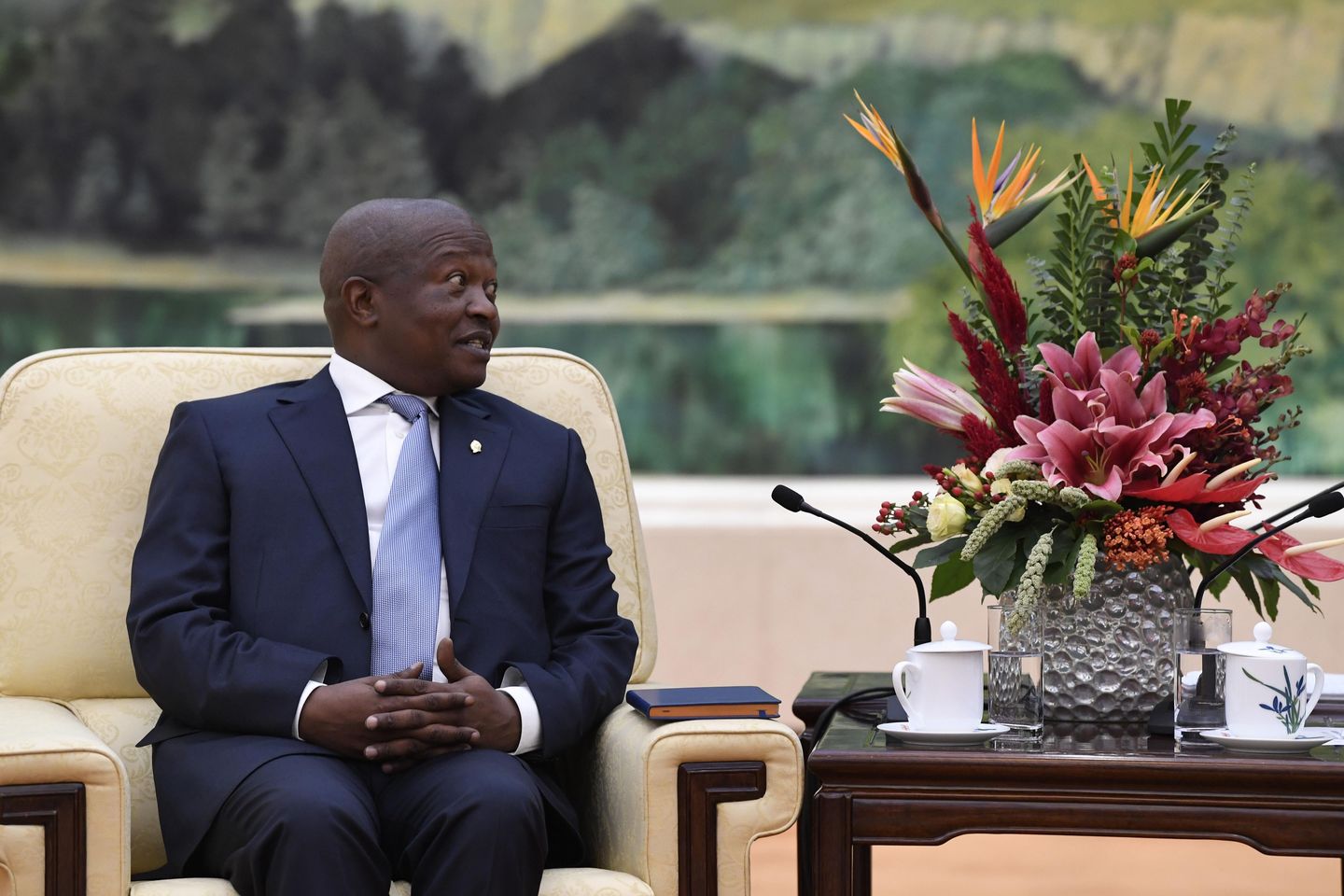
Jul 3, 2025

David Mabuza, a former South African deputy president, has died at age 64, his party says
David Mabuza, a former deputy president of South Africa from the African National Congress party, died Thursday at age 64, the party said.
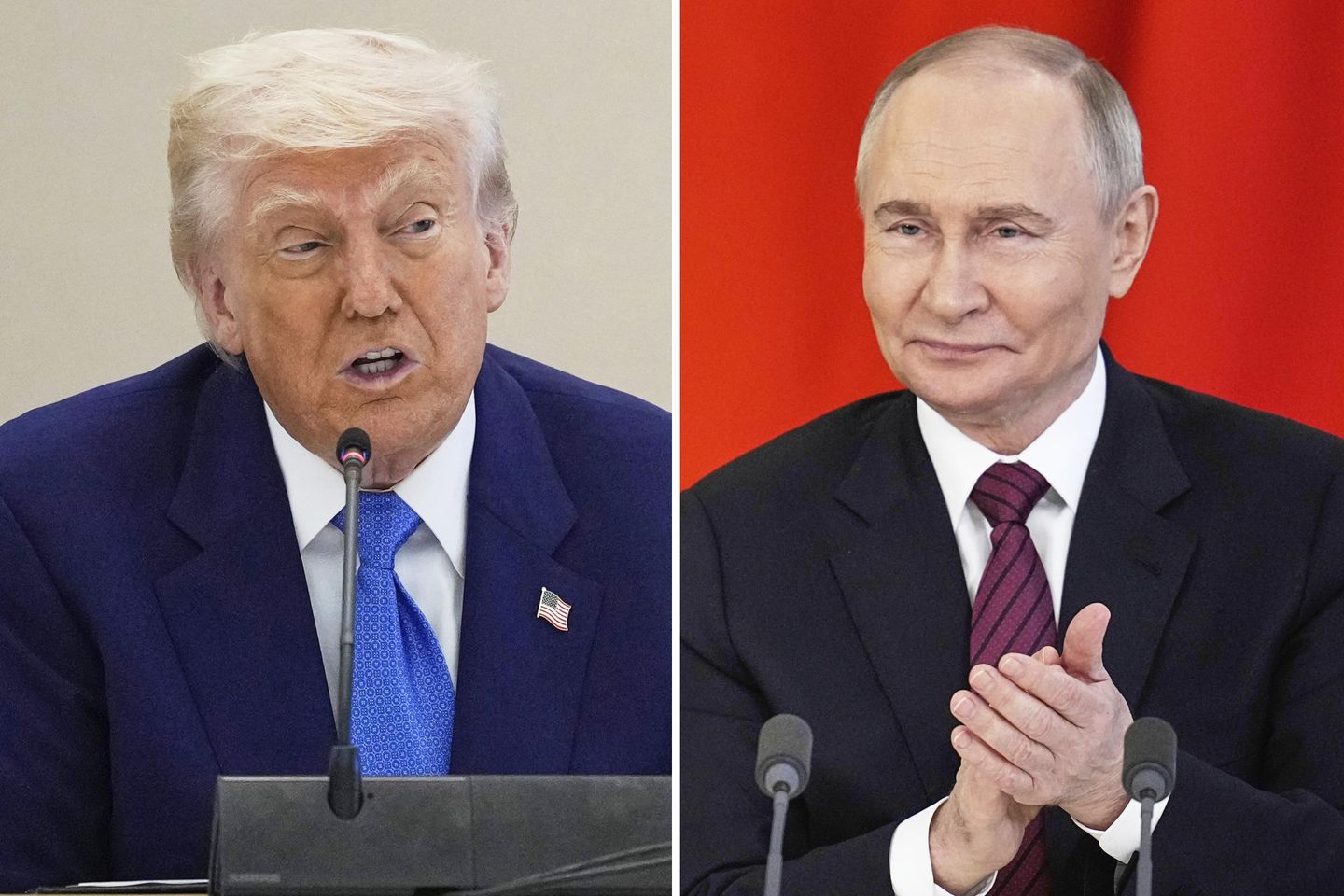
Jul 3, 2025

Putin and Trump to speak by phone in their 6th conversation this year
U.S. President Donald Trump and Russian President Vladimir Putin said they will speak by phone Thursday, their sixth publicly disclosed chat since Trump returned to the White House this year.
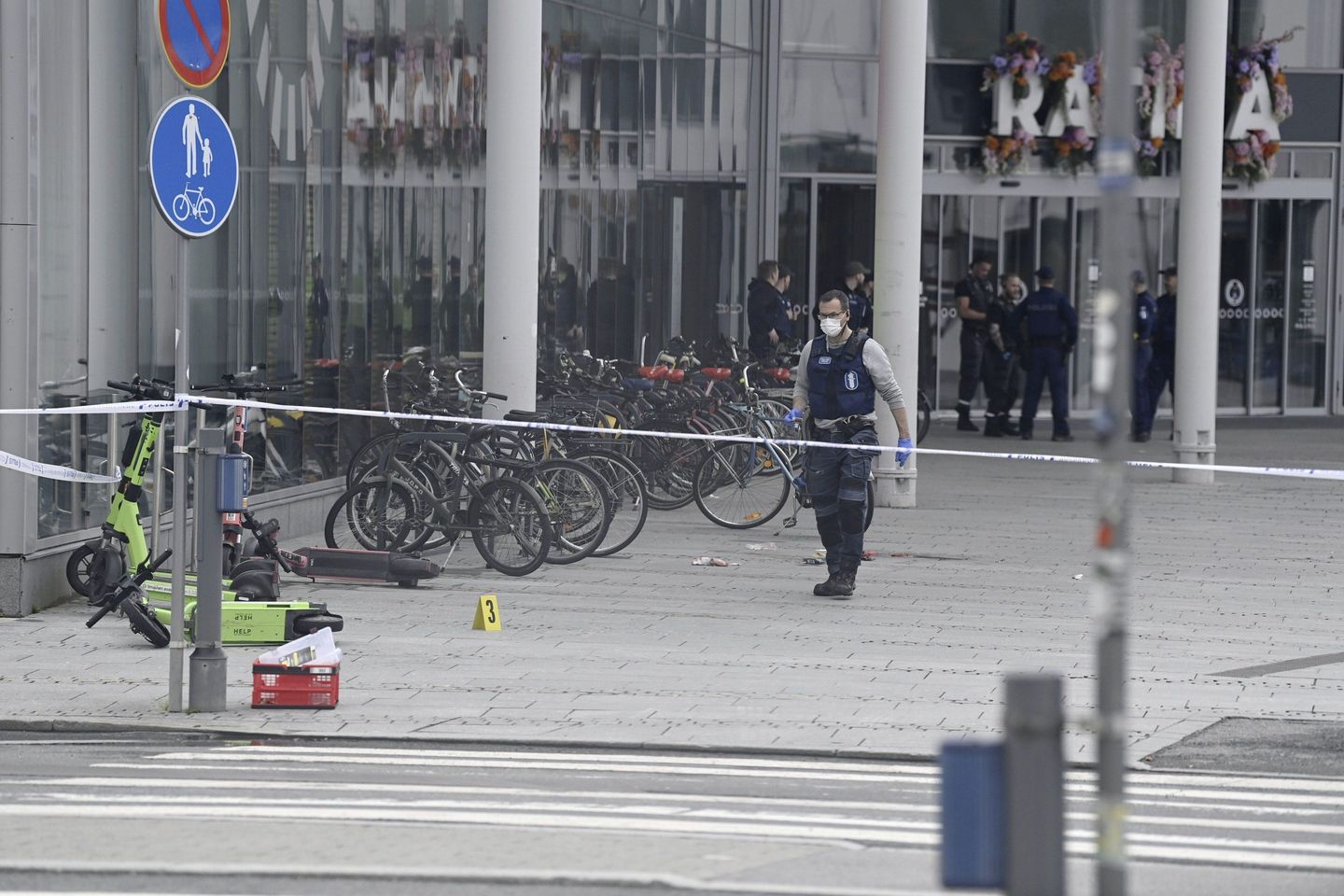
Jul 3, 2025

Finnish media says several people have been stabbed in the southern city of Tempere
An assailant in Finland stabbed several people near a shopping center in the southern city of Tempere on Thursday afternoon, and one person was arrested, Finnish public broadcaster Yle reported.

Jul 3, 2025

Police say a man injured 4 with an axe on German train before he was detained
German police say a man attacked and slightly injured four people with an axe on a long-distance train in Bavaria before he was detained by police

Jul 3, 2025

Pro-Palestinian activists charged with damaging planes at a U.K. air base are held in custody
Four pro-Palestinian protesters were held in custody Thursday after their first appearance in a London court on charges they damaged two Royal Air Force planes with red paint and crowbars.
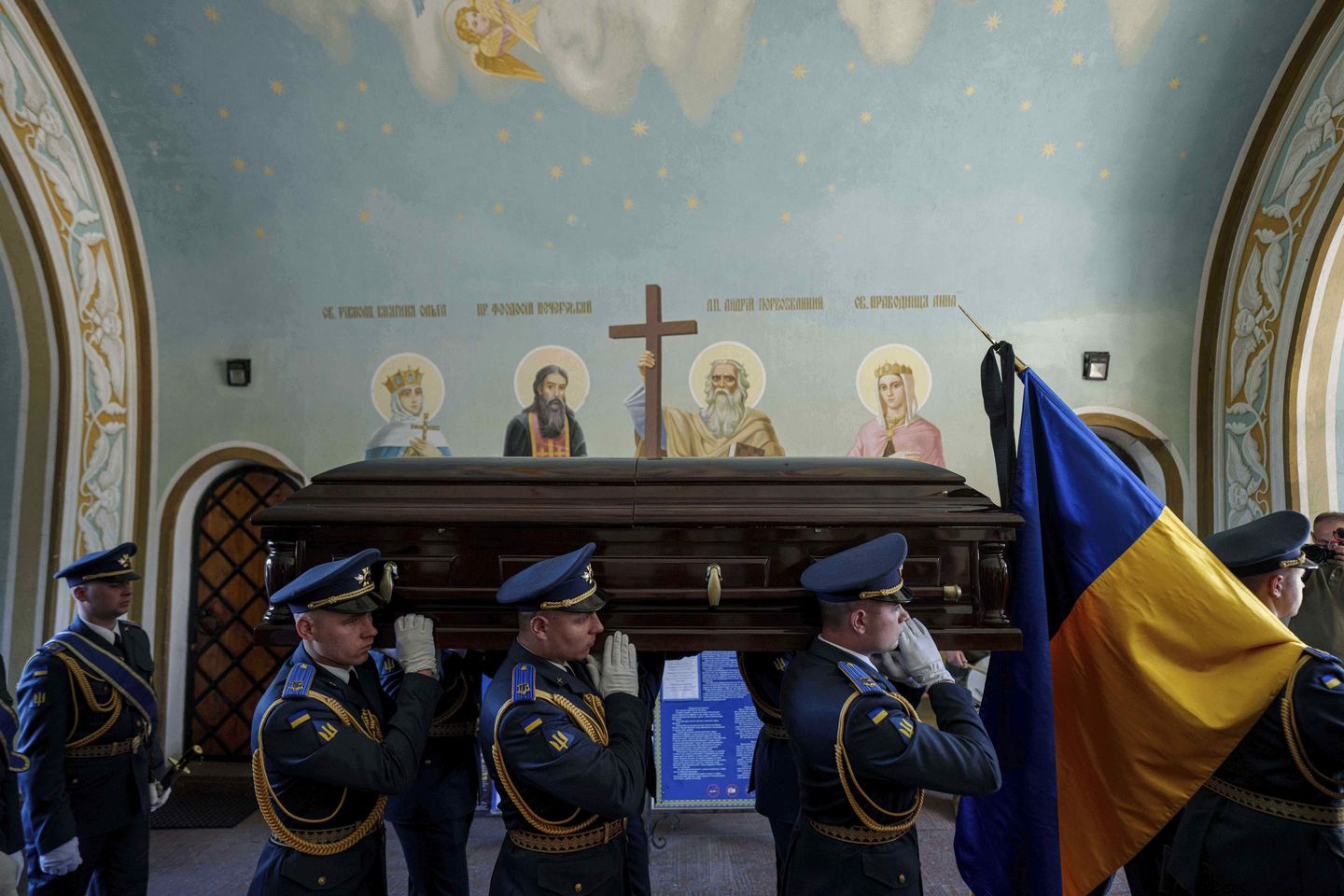
Jul 3, 2025

How Ukraine can cope with the U.S. pause on crucial battlefield weapons
The decision by the United States to pause some weapons shipments to Ukraine has come at a tough time for Kyiv: Russia's bigger army is making a concerted push on parts of the roughly 1,000-kilometer (620-mile) front line and is intensifying long-range drone and missile attacks that increasingly hammer civilians in Ukrainian cities.
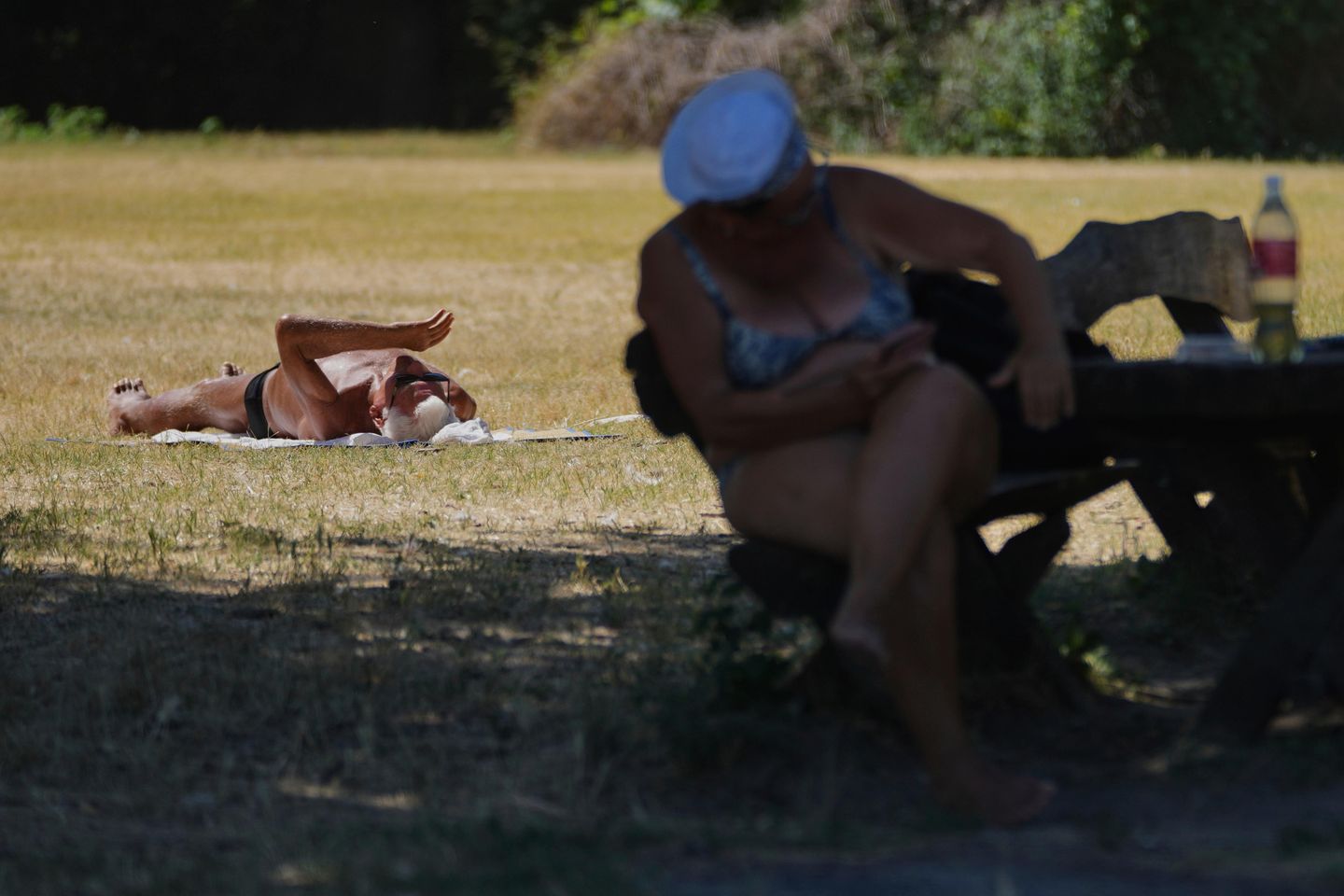
Jul 3, 2025

Western Balkans face severe drought and water restrictions during heatwave
The Western Balkans faces a severe drought after a heatwave hit the region, disrupting daily life and creating issues with agriculture and power.

Jul 3, 2025

Elderly man dies as wildfires rage in Turkey, forcing evacuations and road closures
Firefighters in western Turkey have discovered the body of an elderly man after extinguishing a wildfire near a village

Jul 3, 2025

Danish police examine suspicious package at Israeli Embassy in Copenhagen
Police were examining a suspicious package sent to the Israeli Embassy in Denmark's capital, authorities said Thursday.


